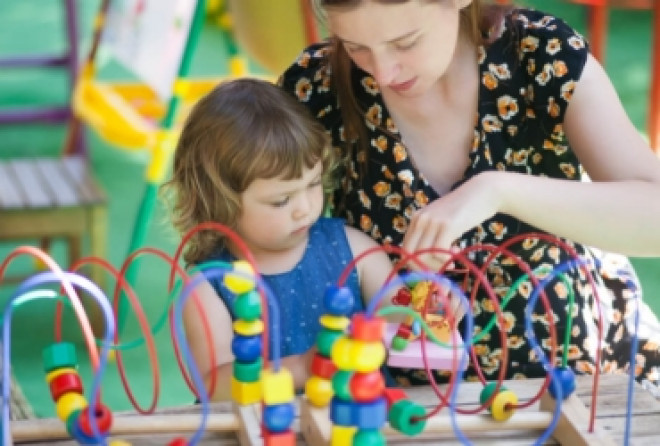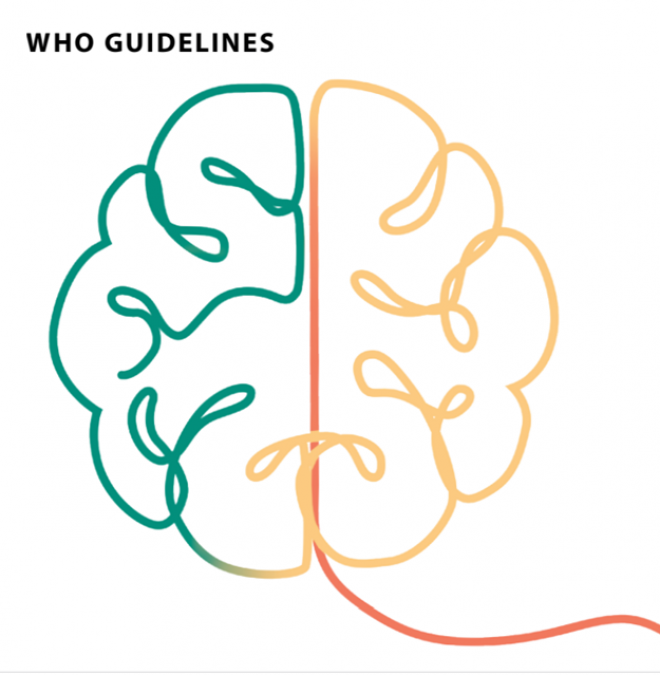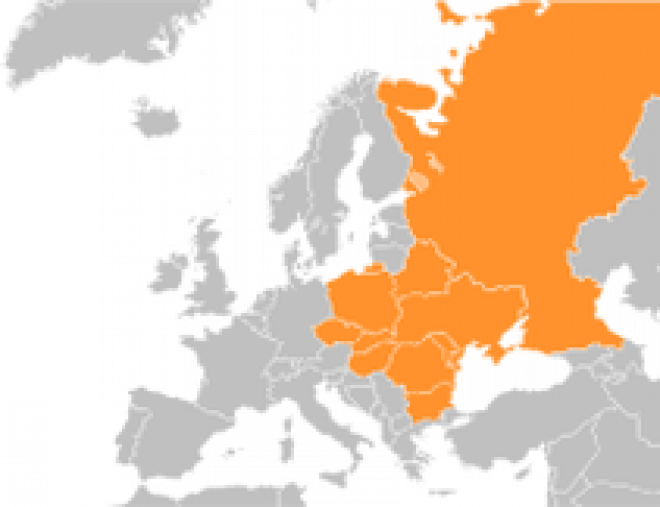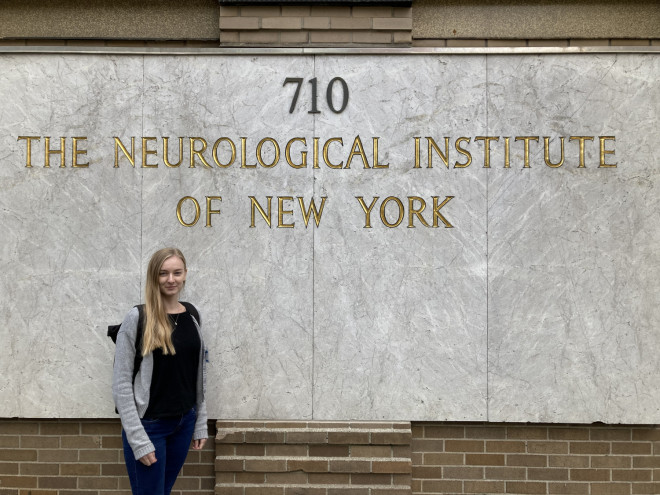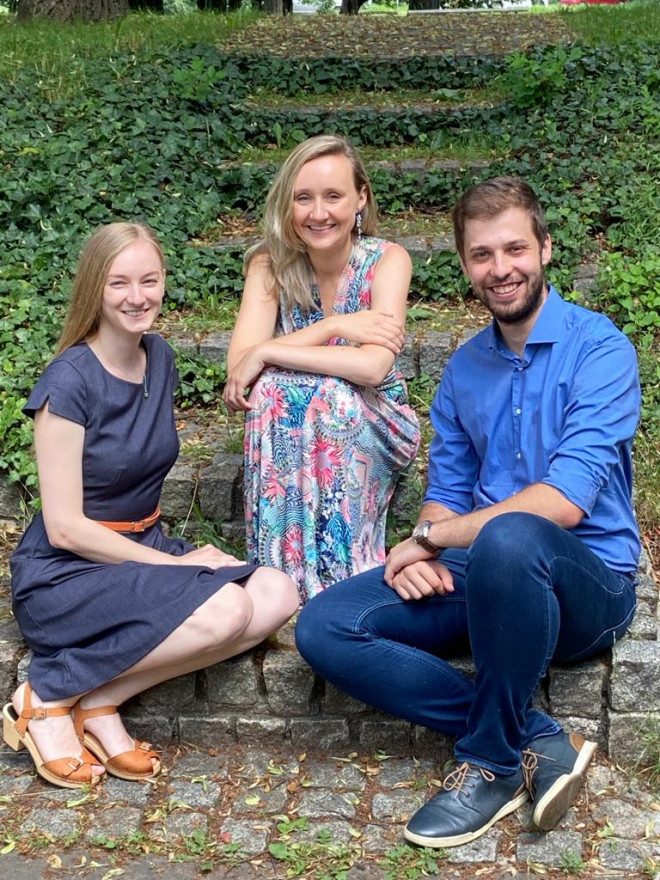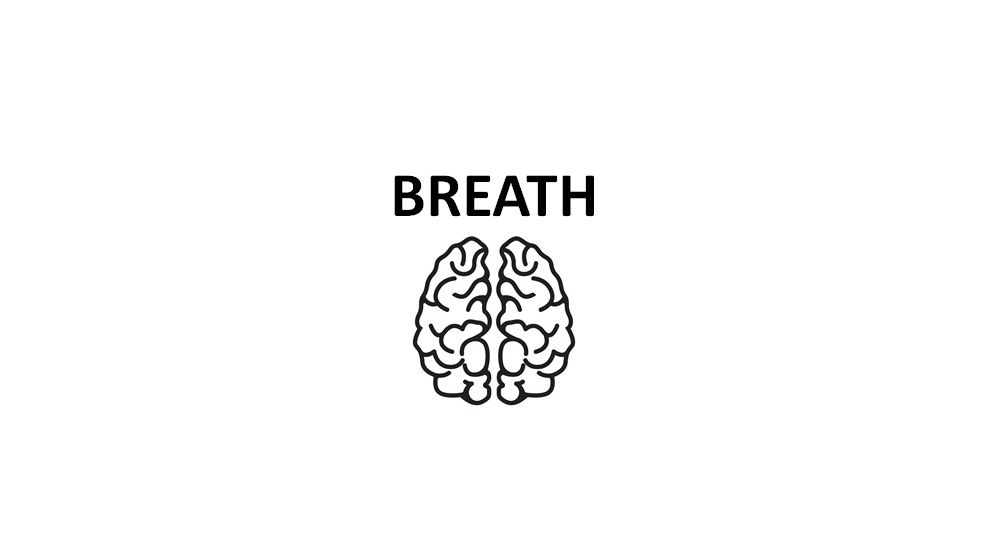
Mother´s education can be transmitted to her offspring through changing functional connectivity of their brain
New study suggests that functional connectivity between specific regions in the brain may be a biomarker underlying the transmission of mother´s education on intelligence of their offspring.
Having sons linked to faster cognitive decline in parents
New study shows that parents of sons may lose their cognitive abilities in older age faster than parents of daughters.
Gender differences in behaviours linked to faster cognitive decline revealed in research
Men who experience behavior changes including apathy or having false beliefs and perceptions in later life are at risk of faster cognitive decline than women, according to our research just published in Journal of Alzheimer´s Disease.
Czech arm of the HEROES project to study mental health of health care professional during COVID pandemic
Thanks to the support by the Czech Ministry of Health, our group is hosting the Czech arm of the international project „The COVID-19 HEalth caRe wOrkErS“ (HEROES).
Season of birth has no effect on symptoms of depression and anxiety in older adults
Season of birth has been largely considered to have an influence on the development of mental disorders. Our large European-wide study, however, suggests that this is not true for symptoms of depression and anxiety.
Trajectory of physical activity is mirrored in changes in cognitive performance in older adults
Our recent publication in Epidemiology and Psychiatric Sciences, which we conducted together with colleagues from Switzerland, has shown that long-term trajectories of physical activity are associated with the level as well as the evolution of cognitive performance in middle-aged and older adults.
Trait anxiety has its roots in early life
Our recent paper published in Social Cognitive and Affective Neuroscience indicates that lower cognitive ability and higher trait anxiety may be both consequences of socioeconomic deprivation in early life. The recruitment of the right lateral prefrontal cortex may be the underlying mechanism, through which higher cognitive ability may ameliorate trait anxiety.
How to decrease our risk of cognitive decline and dementia?
The World Health Organization published recommendations on how to reduce our chances that we may lose our cognitive abilities and develop dementia in later life. Our group was involved in adapting these guidelines into the Czech Republic.
New evidence on dementia risk factors in our region is needed
According to our new systematic review published in PLOS ONE, there is a large lack of evidence on risk and protective factors for neurocognitive disorders in the region of Central and Eastern Europe.
Matěj Kučera has just started PhD under joint supervision
Our new PhD student Matěj Kučera is conducting his doctoral studies jointly with the University of Amsterdam.
Katrin Wolfová is a Fulbright fellow in New York City
Our researcher, dr. Katrin Wolfová, was awarded a prestigeous Fullbright fellowship that enables her to spend 9 months at Columbia University in New York City. We asked her several questions.
Journal of Alzheimer´s Disease choose our publication for press release
Our article in Journal of Alzheimer´s Disease reports that when we are born can influence how mentally fit we will be in old age.
PsyPost informs about our paper in Psychological Medicine
Women who experienced socioeconomic hardship in childhood tend to exhibit reduced connectivity in the hippocampus, which in turn is associated with higher levels of anxiety, according to new research published in the journal Psychological Medicine.
